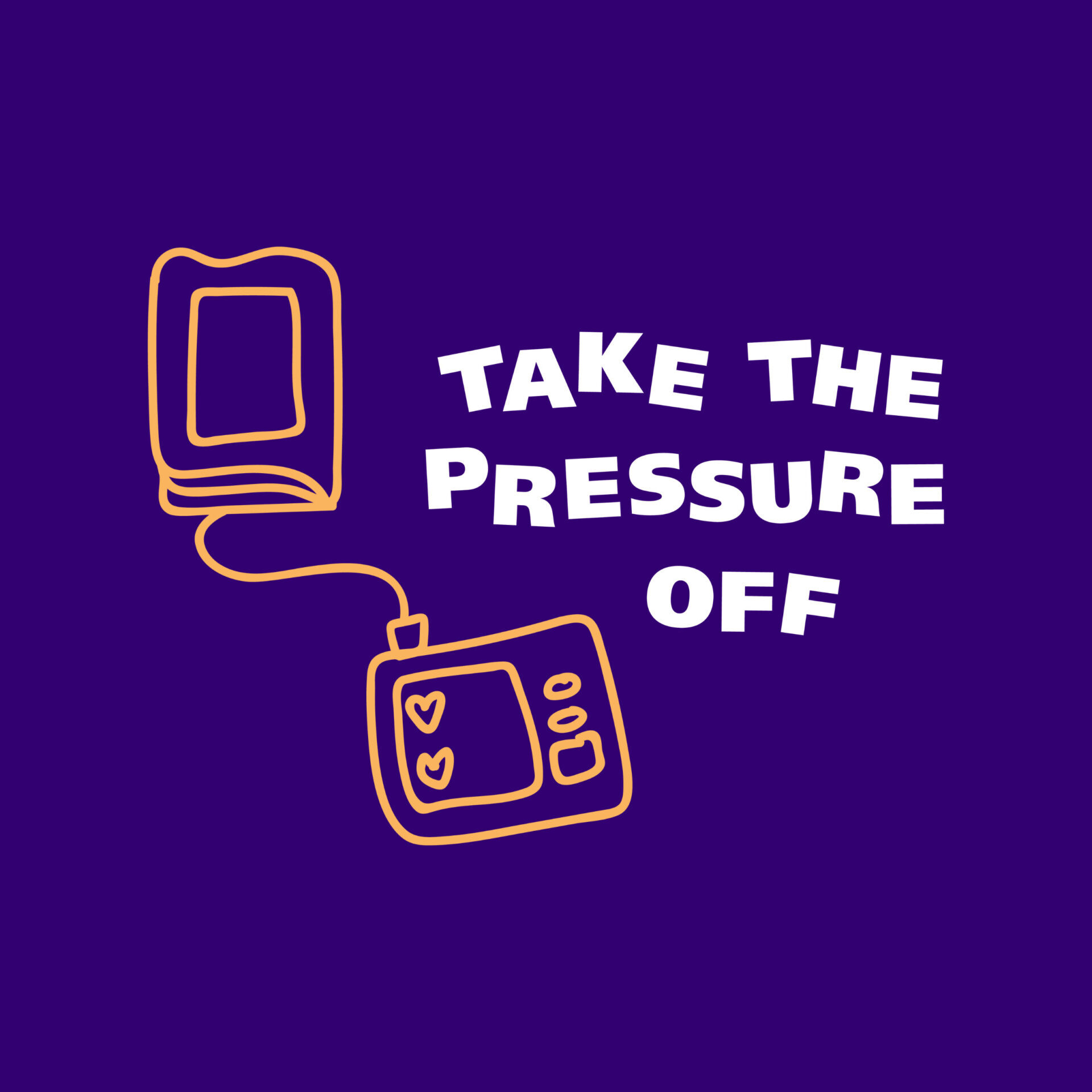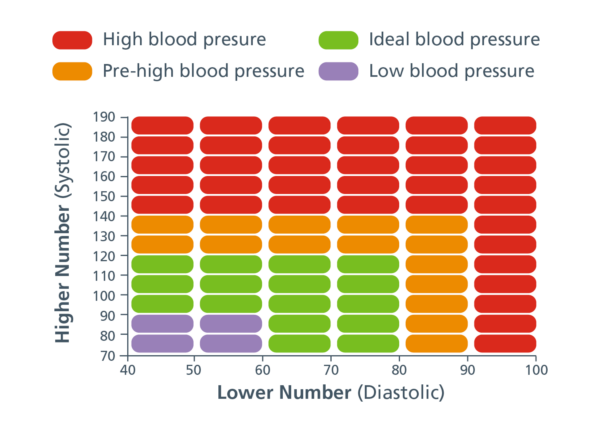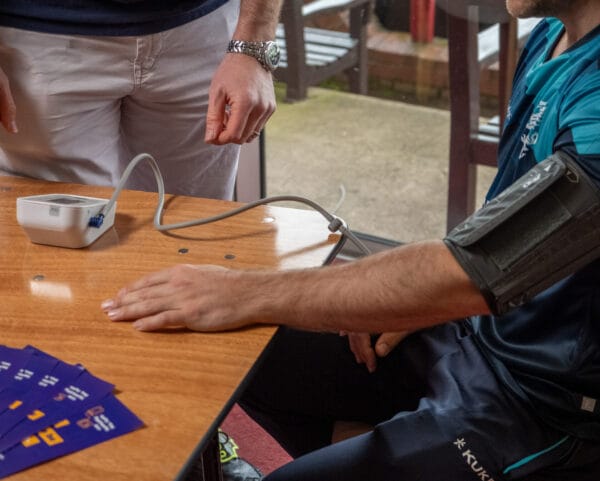High blood pressure (hypertension)
What is high blood pressure? What do the numbers really mean, and why is it so important to 'Know Your Numbers'?
Somerset - Take the Pressure Off!
Welcome to our "Take the Pressure Off" campaign, an initiative dedicated to raising awareness about the importance of regular blood pressure monitoring. In Somerset, we believe in taking proactive steps towards a healthier community, and this campaign is at the heart of that belief.

Around 3 in 10 adults in Somerset have high blood pressure
but 1 in 10 do not know it
If you have a recent blood pressure reading use the NHS Check your blood pressure tool to understand what your reading means. You'll also get information about what to do next.
Treating high blood pressure
Simple lifestyle changes can help reduce high blood pressure, although some people may need to take medicine as well.
Your GP can advise you about changes you can make to your lifestyle and discuss whether they think you'd benefit from medicine.

Eddie Drew, 51, an employee at Somerset Council, discovered the life-saving importance of regular blood pressure checks in the most unexpected way.
"Taking my blood pressure on a machine at work has been a life-saver – literally," he says.
Despite being an active rugby player, walking the South West Coast Path, and maintaining a healthy diet, Eddie was shocked to find his reading at 195 over 121. This alarming discovery led him to seek medical advice immediately.
"Thanks to the blood pressure machine at work, I've been able to take action before it's too late," Eddie shares. He's now on prescribed medication to manage his condition. "In truth, I would never have guessed my blood pressure was so dangerously high."
Eddie's story is a powerful reminder that high blood pressure can go unnoticed, even in the most active individuals. Don't wait for a scare. Check your blood pressure regularly and stay on top of your health.
Preventing high blood pressure
High blood pressure can often be prevented or reduced by eating healthily, maintaining a healthy weight, taking regular exercise, drinking alcohol in moderation and not smoking.
Related news
Berry’s Coaches partners with ‘Our Somerset’ to promote blood pressure awareness
Berry’s Coaches, a family-run business with a rich history in passenger transport dating back to 1920, recently participated in the ‘Take the Pressure Off’ campaign, a joint initiative between NHS Somerset and Somerset Council. The campaign aims to raise awareness about high blood pressure and encourage early detection through free blood pressure checks within communities…
Somerset County Cricket Club staff and players Take the Pressure Off with ‘Our Somerset’ campaign
Staff and players at Somerset County Cricket Club took a proactive approach to their health by participating in a blood pressure testing initiative, as part of a partnership with NHS Somerset and Somerset Council for their new ‘Take the Pressure Off’ campaign. Held during the club’s pre-season press day, Somerset Council’s Healthy Lifestyles team, together…
‘You Said, We Did’ – Feedback from message testing on high blood pressure awareness campaign
Background The Integrated Care System (ICS) partners (NHS Somerset, Somerset Council and Spark Somerset) are currently involved in working collaboratively on our “Take the Pressure Off” campaign, an initiative dedicated to raising awareness about the importance of regular blood pressure monitoring. In Somerset, we believe in taking proactive steps towards a healthier community, and this…





